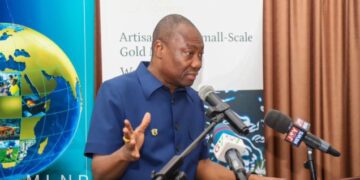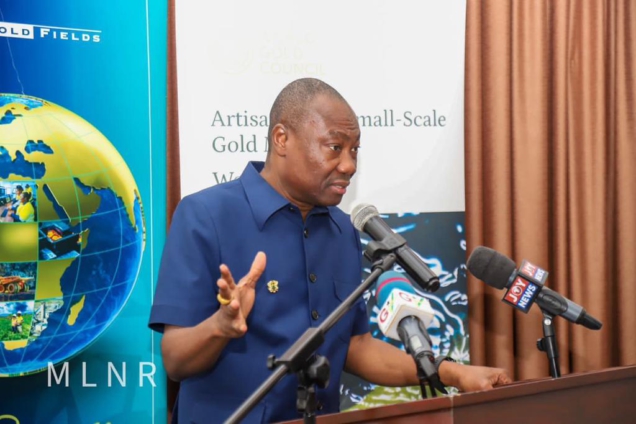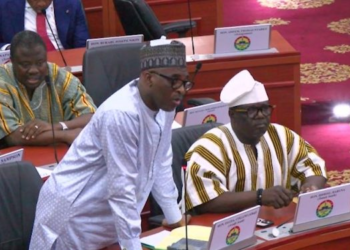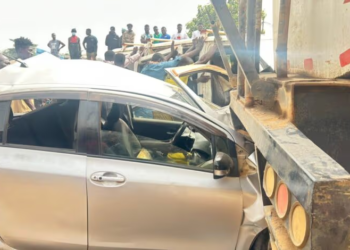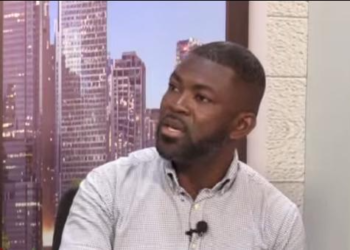The CEO of the Minerals Commission, Martin Kwaku Ayisi, has raised concerns over the potential negative effects of a blanket ban on small-scale mining in Ghana.
Speaking in an interview on September 7, Ayisi stressed that any broad ban would severely impact legal miners who have the necessary permits to operate.
“We need to separate it from several others who have obtained licenses and are working.
So when you say we should ban small-scale mining lawfully, I have a problem with that,” he said, emphasizing that the focus should be on tackling illegal, unlicensed mining activities rather than penalizing the entire sector.
Ayisi further noted that the core issue driving illegal mining, commonly referred to as *galamsey*, is the lack of designated mining sites for local operators.
He argued that simply ramping up security or instituting bans will not solve the underlying problem, as those engaged in illegal mining do so out of necessity due to limited legal opportunities.
“The discussion is about illegal mining. In other words, persons or individuals who don’t have all the authorisation to go and work and they are working, which is illegal,” he said, stressing the importance of providing proper avenues for legal mining to mitigate the issue.
Meanwhile, the Ghana Water Company Limited (GWCL) in the Central Region has echoed calls for a total halt to small-scale mining, citing its negative impact on water bodies.
Nana Yaw Barima Barnie, the Public Relations Officer for the GWCL, revealed that the high turbidity levels in water sources due to mining activities are overwhelming the company’s purification systems.
“In fact, the aim of Ghana Water Company in bringing out this statement is that attention should be drawn to it so that the galamsey on river bodies [can] stop entirely,” Barnie said, aligning with the Ghana Medical Association’s push for a complete ban on *galamsey* to safeguard the country’s water supply.
